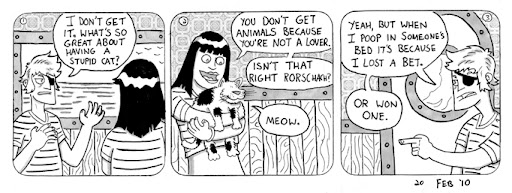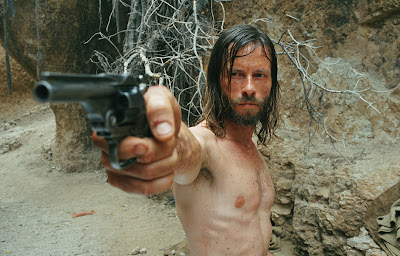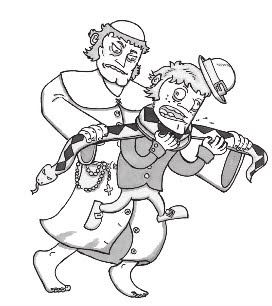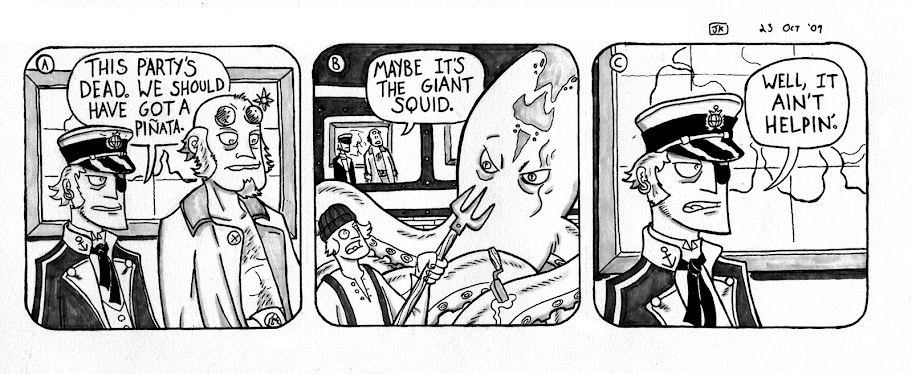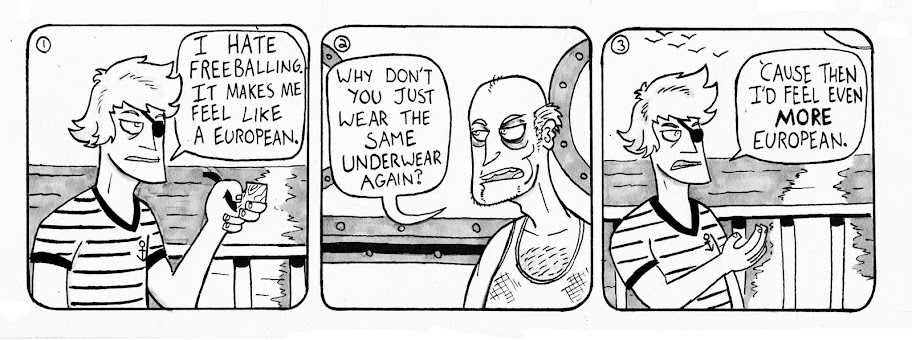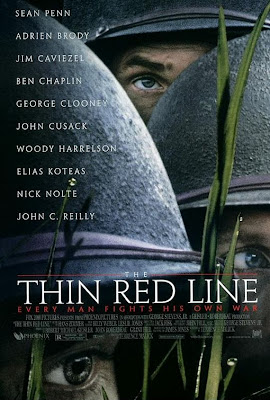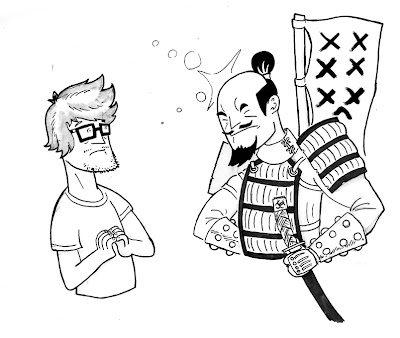
Bushido: Way of the Broke Guy
Working Five (+) Years Towards a Degree That Doesn't Get You Anywhere
A lot of things have been going down in my life lately, some good, some bad, some confusing. As a young man more or less locked away in his parents’ attic for twenty hours a day these things haven’t so much made me feel uneasy or jealous as they have highlighted the fact that, other than writing up saucy opinion pieces and watching Blade Runner on a loop, I’m not doing a whole lot with my life.
There’s an old saying, “Youth is wasted on the young,” which was probably first said by some horrible, old cunt, but it raises a good point. I’ve been tossing away months of these golden years doing nothing truly productive. Meanwhile, outside the wire of the Kislingbury compound, my friends are off getting married and being accepted to graduate school at USC, and I cannot get work as a dishwasher. It’s discouraging.
This started, like all disappointments, with applying for a job. Or trying to apply for one. I say “trying,” because the way people receive and reply applications nowadays is akin to flying a spaceship into a black hole or shouting down a garbage chute. It makes you feel stupid and you’ve got no idea if it’s working or not.
There was quite a number of jobs open at the restaurant, everything from the CEO to the disabled guy who hangs out in the bathroom and gives you a towel. I figured, hey, I’m at least as quick-witted as most slow people I know, I am a shoe-in for this job. I was wrong, so very wrong. Despite a follow up to a well named gentleman and seventh-graders command of the English language, I received no reply. I guess I was in that perfect sweet spot between being over-qualified for many jobs and under-qualified for the rest that employment experts call “Having a Bachelor’s in the Arts.”
The restaurant in question is Gyu-Kaku Japanese BBQ and it is going on my Enemies List, right between “God” and “Harrison, George” (two discs of B-sides and a jam session is not a triple album, George!). If it wasn’t for their $1.50 beers at happy hour, I’d firebomb the place. It’d probably get blamed on the shabu shabu grills that all the customers use, as well. The perfect crime.
Like anything in life, though, you’ve got to find something in it that you like, rather than waste your time complaining about what isn’t there. You’re always going to find things you’re lacking and, I don’t know about you, but I’m trying to get through season one of Deadwood and I simply do not have the time for that. So I decided to focus on jobs I am qualified for.
A brief overview of Craiglist’s LA chapter reveals that I’m perfect for quite a number of opportunities, most of which either involve managing blogs for law offices (I guess even the square community likes to post uncredited Terry Richardson photos on a tumblr) or picking up piles of dirt from somewhere near Sunland. There was also a job offer for a “courier,” which I’m fairly certain was just an offer to move weight across the San Gabriel Valley. I can’t say that I didn’t send the guy an e-mail, though.
The rest are mostly gay porn, but not the gay porn you’re thinking of, with the umbrellas and snappy musical numbers, this is the kind of gay porn that involves men having sex with each other. I mean, I guess I’ve done lots of things for money that I don’t like—cleaning, being kind to the elderly, and not stealing from the cash register spring to mind—but, I’m going to be honest with you, screwing a dude does very little for me. I don’t know how the ladies put up with that. On the plus side, it seems they’ll pay for your gas mileage. I put this in the “maybe” pile.
As far as the rest of the future goes, it’s really wide open, which is fairly terrifying. That’s the worst bit of it, the not knowing when things are going to get better, when they’re going to change, but at the same time, that’s also kind of the strange hope in all of this. I know things have to change, and when they do I’ll be there, waiting, because it’s not like I’ve got a job to fill the space.









